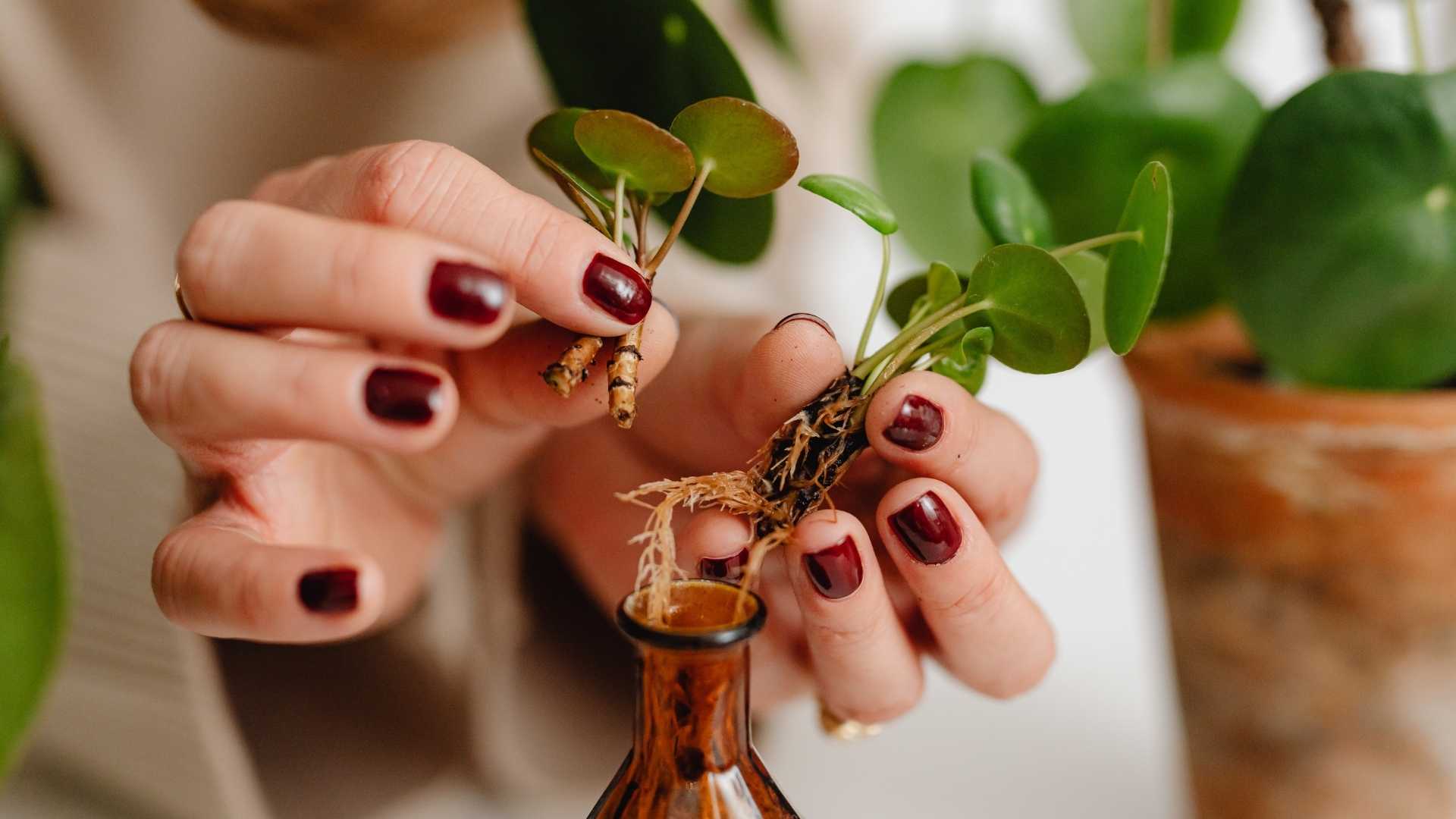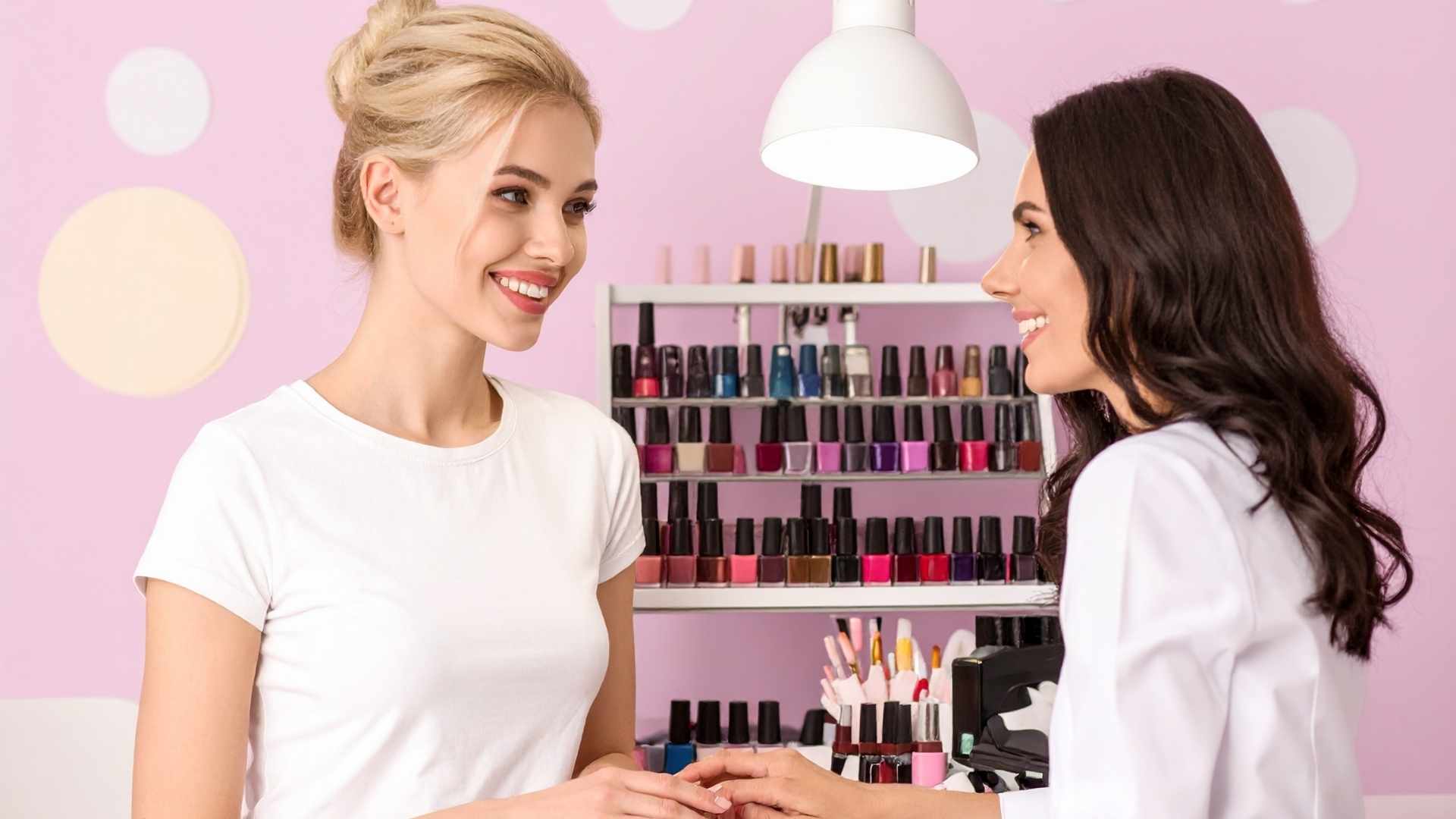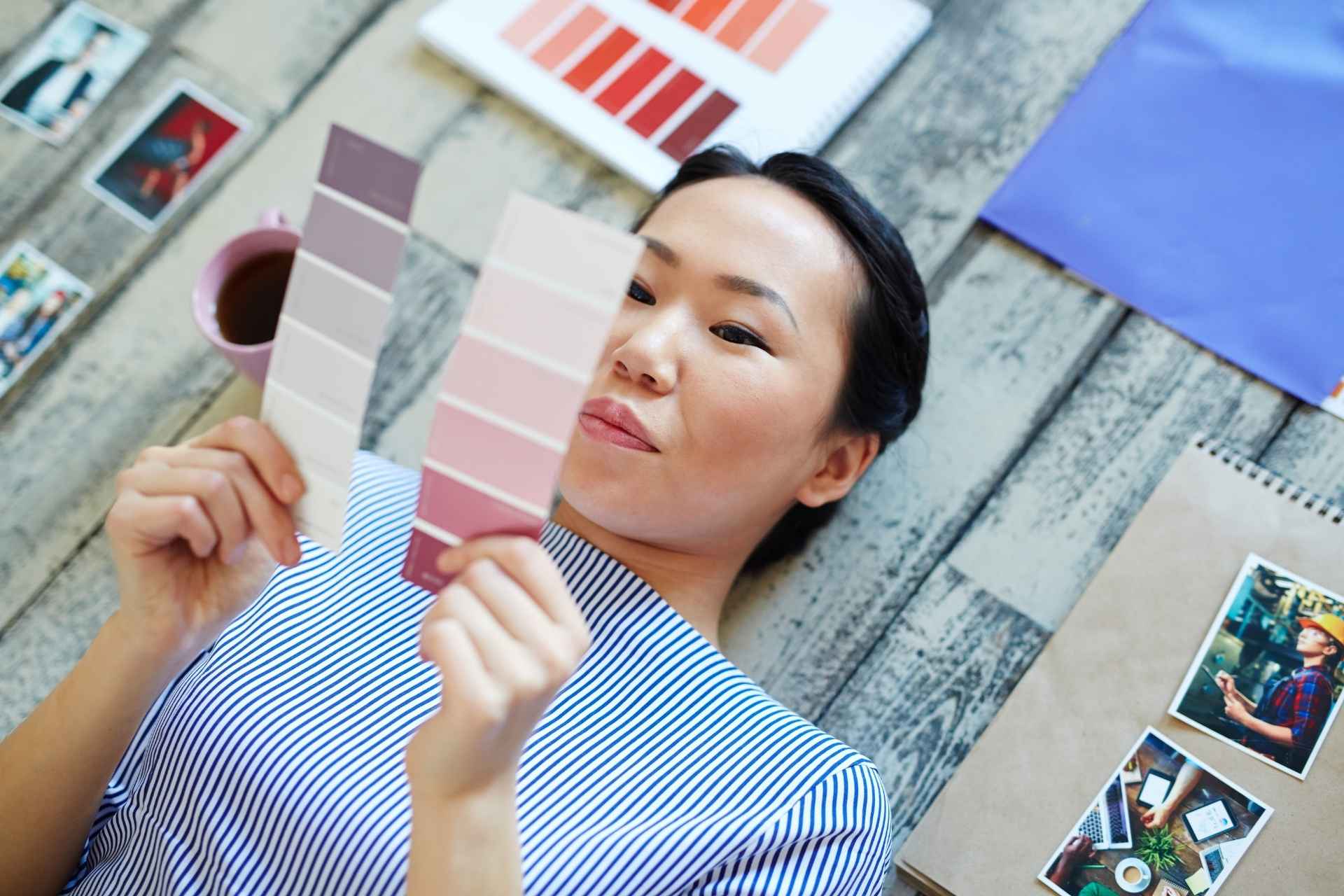
Beautiful Nails but Damaged Nails?
The Truth Behind Nail Art You Should Know
Have you ever noticed that after a while of getting your nails done, your nails start looking yellow, thin, or break easily? Many people wonder: Does nail art actually damage our nails? Today, let’s get some straight answers from experts.
Why Do Nails Look Weaker After Manicures?
Before blaming manicures, let’s understand what nails are. Nails are made of a protein called keratin, which grows from the nail root and needs moisture to stay strong.
When we get manicures—especially gel or acrylic—the process can affect nails in these ways:
Buffing the Nail Surface
To prepare your nails, technicians often buff the nail so polish sticks better. But buffing can thin out the top layer of the nail, making it weaker.
Chemicals in Nail Products
Base coats and top coats often contain chemicals that dry out nails.
Nail polish remover (especially acetone) strips moisture.
UV lamps used for curing gel may not harm skin much, but they can dry nails.
Peeling or Pulling Off Nails
This is the real villain! Many people peel off gel nails, which pulls off layers of natural nail too.
Warning Signs Your Nails Are “Crying for Help”
Don’t ignore these symptoms:
Yellow nails: Lack of oxygen or staining from polish.
Thin, soft nails: Over-buffing or frequent chemical exposure.
Brittle, breaking nails: Lack of moisture and strength.
Inflamed cuticles/skin: Infection or chemical allergy.
What Do Experts Say?
Dermatologists agree: nail art itself is not harmful if done correctly and cared for properly.
Dr. Juthamas Wongsuwan, dermatologist, says:
“Most problems come from improper technique, not giving nails a break, and poor aftercare—more than from the manicure itself.”
Pro Tips: How to Keep Nails Beautiful AND Healthy
Before your manicure
Choose a salon with good hygiene and sterilized tools.
Ask your technician to buff nails gently.
Moisturize nails and cuticles a few days in advance.
During your manicure
Use a nourishing base coat.
Avoid overly dark colors that may stain.
Don’t do back-to-back manicures for too long.
After your manicure
Apply cuticle oil daily before bed.
Wear gloves while cleaning or washing dishes.
Stay hydrated—moisture inside your body matters too.
The Golden Rule: Give Your Nails a Break
Experts strongly recommend giving your nails at least 1–2 days off per week to “breathe” and repair themselves.
During nail rest days:
Apply intensive nail cream.
Massage around nails to boost circulation.
Eat biotin-rich foods like eggs, nuts, and seeds.
Final Takeaway: Nail Art is Fine—But Be Smart
Getting your nails done isn’t “bad,” and you don’t have to quit it. The key is doing it wisely.
Think of it like your hair: if you dye or perm your hair too often without care, it gets damaged. But with proper care, you can still have beautiful, healthy hair. The same goes for nails!
Healthy nails first, pretty nails second. When you take care of both, you’ll enjoy nails that are both gorgeous and strong.
And remember: if you notice severe nail problems—like thickening, unusual color changes, or pain—see a dermatologist right away.





